As of last Friday, Anheuser-Busch InBev officially no longer doesn’t not own Redhook, a company it didn’t always never not own in the first place. Yes, that sounds like something out of Joseph Heller’s Catch 22, or Abbott and Costello’s Who’s on First, but bear with me.
I’ve been called a Redhook apologist. That’s okay. I’ve been called worse. Regardless of what the company eventually became, or is now, Redhook’s history will always include this distinction: it was one of a very small handful of breweries that popped into existence out of nowhere in the 1980s and changed the American beer landscape and the public’s perception of beer. For that, I am grateful.

So yeah, when people say things like, “They’re owned by Anheuser-Busch,” or “I don’t drink Budhook,” I am quick to defend Redhook and point out the reality of the situation. Not so much because I feel a need to defend them, but because the truth matters. To say that Redhook is owned by AB-InBev discredits the fact that some formerly-craft breweries are actually wholly owned by AB-InBev, breweries like 10 Barrel, Elysian, Four Peaks, Golden Road, Goose Island, and so on.
Dislike Redhook if you want, but accept the reality.
And reality took another turn last week.
For the past 11 years, Redhook has been part of a Portland-based company called Craft Brew Alliance (CBA), a publicly-traded company comprised of Redhook Ale Brewery, Widmer Brothers Brewery, Kona Brewing, and some other smaller players. As a publicly-traded company (NASDAQ: BREW), CBA is owned by shareholders. AB InBev owns about 32 percent of CBA’s stock. Last I heard, Rob and Kurt Widmer were major shareholders, too.
Much to the surprise of absolutely no one, last week AB InBev chose to not exercise an option to buy the entirety of CBA. That option was part of a deal negotiated about three years ago, with a predetermined price of $24.50 per share, which equals a price tag of about $475 million for the whole company. The deal required that the option be exercised by August 23, 2019.
Before last week’s news that AB InBev would not exercise its option to buy the company, the stock was trading at about $12 per share. That’s why no one was surprised that AB InBev balked. Instead of paying $24.50 per share, or $475 million for the entire company, AB InBev chose to pay $20 million to opt-out of the deal, a price that was also prenegotiated. The news caused CBA stock to drop to its current price of about $10 per share.
“While disappointing, with this decision made [by AB-InBev], management can turn its attention to refining strategic alternatives to maximize shareholder value,” said CBA Chief Executive Andy Thomas in a written statement.
Strategic alternatives? That is business-speak for big changes. What kind of alternatives or changes? We’ll have to wait and see. There are a lot of really good people—a lot of really good beer people—working for CBA. Godspeed!
AB InBev says it does not plan to abandon its relationship with CBA. According to Marcelo “Mika” Michaelis, president of Anheuser-Busch’s Brewers Collective, “While we are not making an offer to purchase the remaining shares of CBA, our existing commercial partnership with CBA continues to be a key complement to our industry-leading craft portfolio and we look forward to working together for many years to come.”
I do not mean to sound condescending when I talk about people’s misperceptions regarding Anheuser-Busch, Redhook, and Widmer. It’s confusing, I know. Redhook and Widmer each, independently, entered into distribution agreements with Anheuser-Busch back in the 1990s. Each company, while still independent of each other, turned over some portion of ownership as part of those deals. Neither company was ever actually “bought” by any version of AB InBev.
Eventually, some years later, Redhook and Widmer joined forces. Anheuser-Busch came along for the ride, eventually assuming control of nearly one-third of Craft Brew Alliance. It now seems that is as much of the company as AB InBev will ever own.
All of this goes to prove something I’ve said for a long time. The best part of the beer business is the beer; the worst part of the beer business is the business.

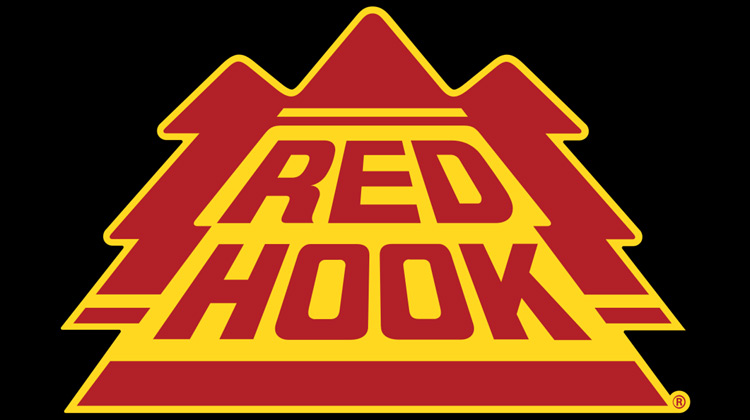




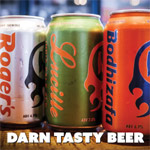
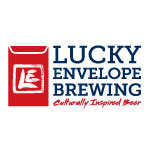






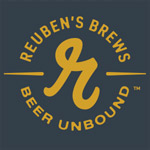



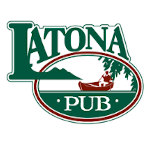
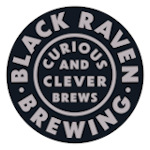
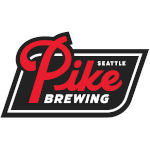
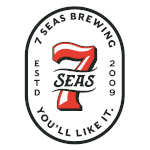



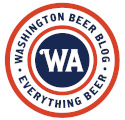
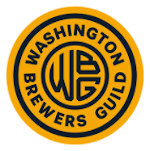







The worst thing about RedHook spawning the success of craft breweries nationwide is that I can no longer get their ESB in Baton Rouge!
Perhaps they will brew the Extra ESB again.
“While disappointing, with this decision made [by AB-InBev], management can turn its attention to refining strategic alternatives to maximize shareholder value,”
They are disappointed that they didn’t get bought out by AB-Inbev? And as a consolation prize they’ll just see how else they can “maximize shareholder value”? How bout, just closing down shop instead, or at least changing your name, since clearly you aren’t interested in ‘refining’ or ‘maximizing’ or ‘turn[ing] their attention’ to anything that should matter to a craft brewer.
You mean like Wicked Weed and Goose Island? Both owned by but operated independently of AB and still turning out amazing beer. The main aspect is that it gives them the funds to expand and experiment.
It gives them the funds to do more than expand and experiment. Let’s be real. In the beer biz, bullying the market is expensive. So I submit that what’s good for the goose is not necessarily good for the gander, so to speak.
Kendall, thanks for the help guiding us through the maze. Most important takeaway is that although AB retains an ownership interest in the CBA, that the various craft brewers affiliated with the CBA, apparently, are still brewing their beer independently. The purity of our precious bodily fluids is preserved.
I’m curious because I’m not well informed on the topic … Does AB-inbev interfere with production at the microbrews they have acquired? What changes at these places other than larger distribution and marketing?
That’s hard to say without being in the room, isn’t it? What kind of input they have into brewery decisions, I do not know. The official lines are “business as usual” and “nothing is going to change,” but to believe that in its entirety is probably niave. The acquired breweries certainly end up with more marketing budget and their beers tend to be a buck cheaper per sixpack at the grocery stores, so it definitely moves the bottom line and changes profit margin requirements. Is that harmful to the non-acquired breweries against which they compete? Some say yes, it’s harmful. Others say that they don’t care and just want cheaper beer. I suppose everyone has to pick a side.